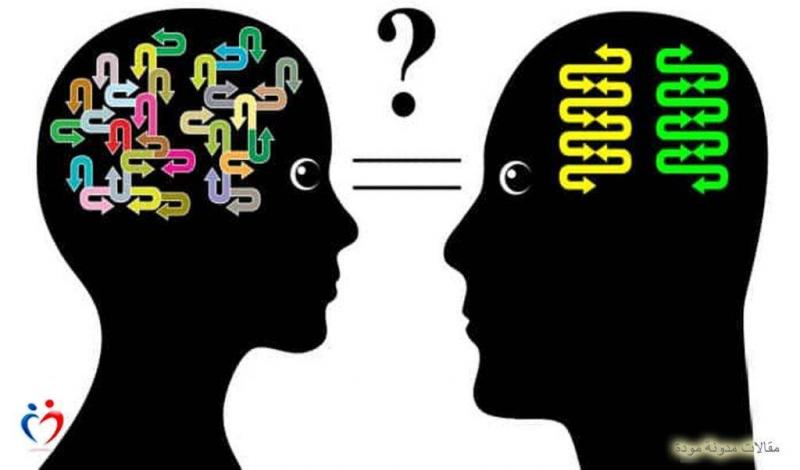Do male brains really differ from female brains? If you've ever wondered about this, here's a comprehensive answer. A recent study conducted by researchers at Stanford University concluded that there are differences between male and female brains in areas responsible for daydreaming, memory, and decision-making.
Researchers have long found that there are no actual differences in average intelligence between men and women; however, women are more prone to anxiety and depression, while men are more likely to be diagnosed with autism and schizophrenia. Questions have been raised: Are these differences between genders a result of social variations, or do they reflect fundamental differences in neurological anatomy?
The researchers at Stanford utilized artificial intelligence methods to examine brain activity in approximately 1,500 young adults aged between 20 and 35. Years ago, neuroscientists discovered that each human brain exhibits a "signature" of brain activity during rest. The Stanford neuroscientists used big data AI techniques to identify the signature of each of these 1,500 young individuals, then compared females with males to determine if they differed or if there was any overlap. The results were astonishing, according to "Psychology Today."
According to the study, the brain activity signatures of females were entirely different from those of males during rest, indicating that what happens in a woman's brain is significantly different from what occurs in a man's brain, especially in areas related to daydreaming, memory, and decision-making. Vinod Menon, the lead author of the study and a professor of psychiatry and behavioral sciences at Stanford University, stated that the primary motivation behind this study is that sex plays a critical role in human brain development, aging, and the emergence of psychological and neurological disorders. For instance, autism is more prevalent in men, while depression is more common in women.
The researchers concluded that previous studies failed to demonstrate these substantial effects due to the weaker algorithms used in earlier research. They asserted that their findings are the most convincing to date and provide generalizable evidence, strongly illustrating the differences between genders in the functional organization of the human brain.
The report noted that most major media outlets are cautious about anything related to brain differences between women and men, as many of us are concerned that any claim of difference will lead to claims about capability. If male brains are different from female brains, does that mean men will excel in certain areas while women will excel in others?
To avoid offending either gender, the report highlighted that different does not necessarily mean better; for example, apples and oranges are different, but that does not mean one is better than the other. Men and women have become different, and this does not imply that women are better than men or vice versa. However, if we ignore these differences, we might harm both women and men.




